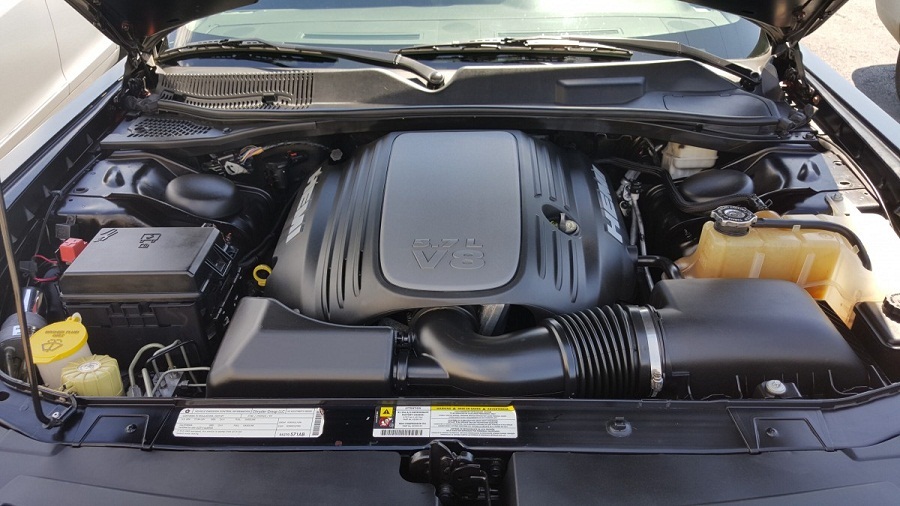Engine failure is like a nightmare for car drivers. Just imagine you’re going somewhere urgently and suddenly the engine fails. Boom, everything ruined! The good news is almost every time; your car engine gives signals that it is not working as it is supposed to be. Never ignore them, and get to an auto shop as soon as possible.
Even if you are staying current with your regularly scheduled services and maintenance plan, you will be doing your part to help minimize the chances of engine trouble arising in the first place. As long as you do stay up to date with auto maintenance of your car, problems could still come into sight, in which case it will be helpful to be familiar with signs of trouble. By being proactive about bringing your vehicle to the mechanic, you could prevent the need for much costlier repairs.
You should ask yourself are you treating your vehicle right. Especially when you own a car! It will be helpful to be familiar with the symptoms so that you know to get your vehicle to the auto shop before it’s too late. In this blog, we’ll look at six crucial signs that can help you detect engine defects before it fails and can save your time and money, and of course your car too.
-
Strange noises
The constant knocking noise coming right from your bonnet is perhaps a warning of your dying engine. It is generally due to wear and tear of some engine parts like bearings, pistons, or other moving parts. Other strange noises such as spitting, popping, and backfiring from your exhaust shouldn’t be overlooked. Failing to observe these signs can lead to a large repair bill down the road.
-
Increased exhaust smoke
Nowadays, manufactures make cars for cleaner emission, so if you notice more smoke coming out of your exhaust, then there might be an engine issue. Well, the color of the smoke can help you know the problem more accurately. Black smoke denotes your engine is consuming too much fuel, whereas grey means a stuck PCV valve, transmission fluid issues, or excessive oil consumption. Last but not least, dark blue indicates the burning of oil.
-
Check engine light turns on
Generally, drivers overlook the vital check engine light. It is one of the ways your car is alerting you about the issues it discovers via its on-board diagnostics system. If the check engine light turns on, then you should take it seriously. Ignoring it for a longer time can ruin your engine and other parts too.

-
Decreased fuel performance
A sudden fall in the fuel economy can point towards an engine problem. Ask yourself a few questions: Is your car not speeding up effortlessly, or does it require more time to start? If the answer is yes, then this is the time to take it to a mechanic. You should address all these problems before it takes your car’s life. Sometimes, it could also mean your car merely needs a tune-up to fix these problems.
-
Oil patches under your car
Wherever you park your car and notice oil plashes on the ground, then it could be due to an oil pan leakage or your gasket issue. It will lead to oil depletion, and in the end, your engine will generate excess heat after friction. You can also start noticing the wear and tear of its components over time if left unchecked.
-
Vibrations from the engine
It could be due to faulty spark plug. Such types of vibrations could turn into the knocking sound, which we’ve discussed above. You only need to take it to a repairer to change the spark plug. But if it is left unchecked, then the result would cost you big bucks.
Pro Tip: While buying a new spark plug, make sure the shopkeeper is not charging you more. You needed more information or tips of buying car spare parts.
Be alert; be safe!
The engine is the heart of your car, and you may be someone else’s life. Taking the utmost care of both (your car’s engine and your life) is significant. For that, you should be alert while driving to reach home safely. So, whenever you come across any of the above signs, don’t hesitate to go to an auto shop.
